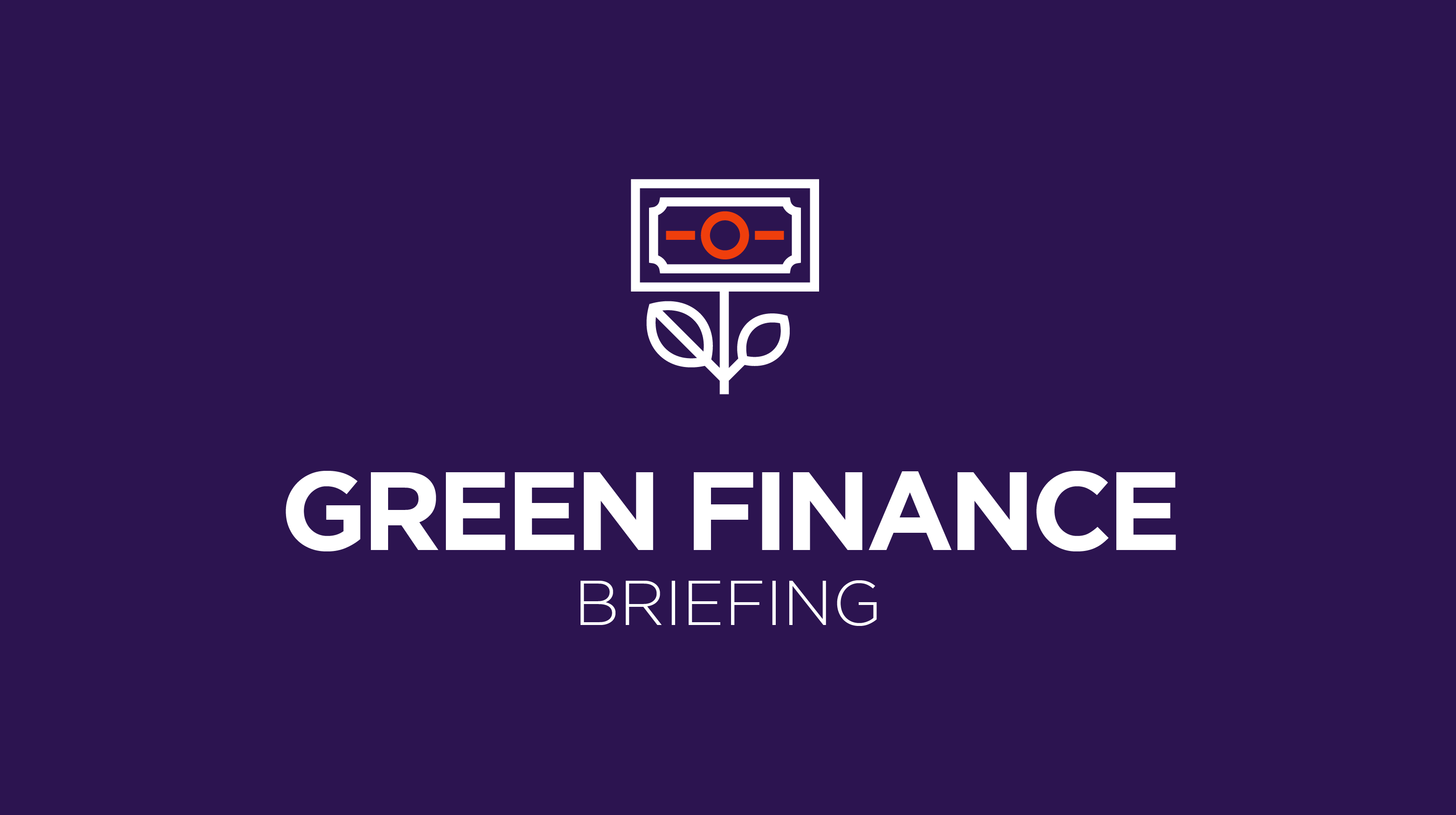Green Finance
Green Finance Briefing: The culture shift needed for the banking system to focus on climate risks
- Despite the flurry of net zero commitments made by banks and financial institutions, there is still a great need for a mentality change at the senior level.
- Employees often wait for a top-down guidance on climate issues, but there are also many banking professionals fighting for change inside their institutions to address this.








